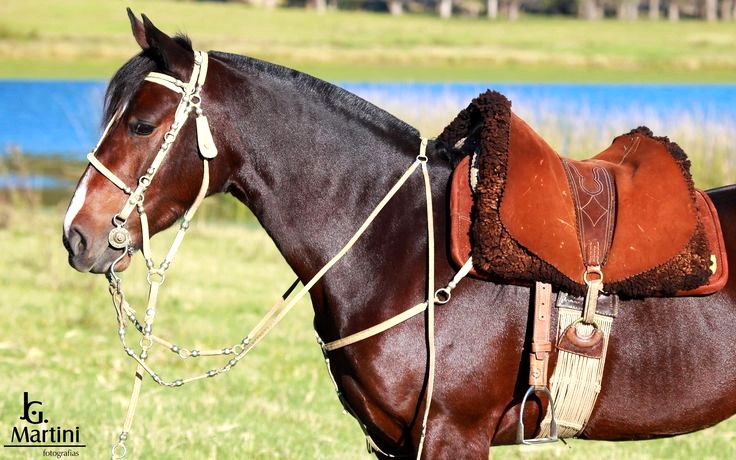Owning a racehorse can be an incredibly rewarding experience, but it isn’t without its risks and costs. The question of whether owning a racehorse is profitable is one that is asked by both experienced and aspiring horse owners alike. In this article, we’ll look at some of the factors to consider when it comes to whether racehorse ownership is a lucrative venture.
The Benefits of Racehorse Ownership
The most obvious benefit to owning a racehorse is the potential for financial gain. Winning a big race can bring in a substantial amount of money, and even placing in the top three can be a nice payout. For many owners, the money they make from their horse’s victories makes the investment of owning a racehorse worthwhile.
Aside from the financial benefits, there are also the emotional rewards of owning a racehorse. Seeing your horse race and do well is an incredibly rewarding experience, and the bond you can form with your horse is priceless.
The Risks of Racehorse Ownership
Of course, any venture has risks associated with it and racehorse ownership is no different. The biggest risk for owners is the possibility of your horse getting injured. Injuries can range from minor to devastating, and it’s always a possibility when dealing with a high-speed sport like horse racing.
Another risk is the possibility of your horse not being as successful as you had hoped. While there is always a chance of your horse becoming a champion, there is also the possibility of it not meeting expectations. This can be an especially hard pill to swallow for owners who have invested a lot of time and money into their horse.
Costs of Racehorse Ownership
Racehorse ownership isn’t cheap. Depending on the type of racehorse you are looking to buy, the cost can range from a few thousand dollars to several hundred thousand. Once you own the horse, there are additional costs associated with training, transport, vet bills, and other expenses that can add up quickly.
It’s also important to consider the time and energy it takes to own a racehorse. Racehorse owners are responsible for the care and upkeep of their horse, as well as the training and preparation for races. This is a full-time job and can take a significant amount of dedication and effort.
Making the Decision
Ultimately, the decision to own a racehorse comes down to your personal goals. If you are looking to make a quick buck, then racehorse ownership is probably not the best option for you. However, if you are looking for an emotional connection with a horse and the potential to make some money along the way, then racehorse ownership can be a great option.
It’s important to do your research, understand all the risks, and be prepared to invest both time and money into your horse. With the right approach, owning a racehorse can be a very rewarding experience that can bring you great joy and financial return.

